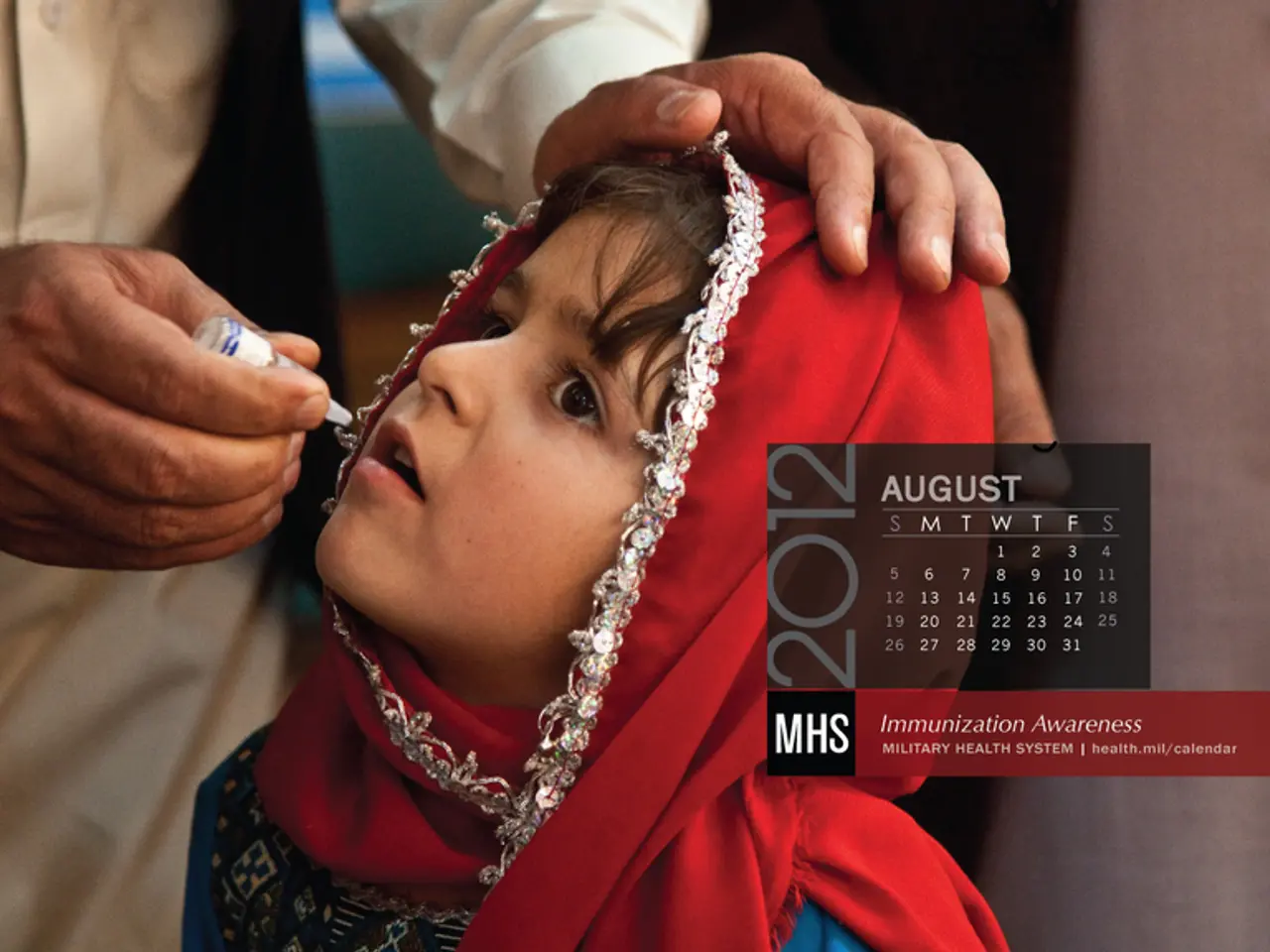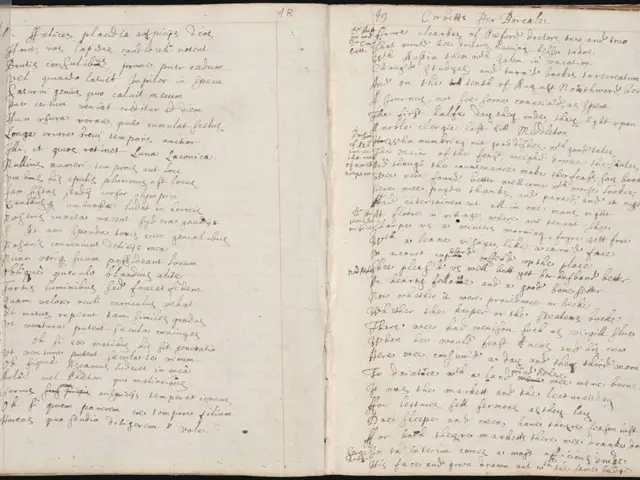Global Study IDs 13 Genetic Loci Linked to COVID-19 Infection and Severity
An international consortium of scientists has identified 13 genetic locations, or loci, strongly associated with COVID-19 infection and severity. The study, published in Nature, is one of the largest genome-wide association studies (GWAS) conducted to date, involving nearly 50,000 patients and two million controls.
The COVID-19 Host Genomics Initiative, involving researchers and institutions worldwide, pooled clinical and genetic data from numerous biobanks and direct-to-consumer genetic companies. They found two loci with higher frequencies among patients of East Asian or South Asian ancestry than in those of European ancestry. One locus near the FOXP4 gene, linked to lung cancer, increases the gene's expression, potentially offering a therapeutic strategy.
Other loci associated with severe COVID-19 include DPP9 and TYK2, both involved in lung-related conditions or autoimmune diseases. The consortium also identified causal factors such as smoking and high BMI. They aim to identify additional loci and provide concrete therapeutic hypotheses within the next year, with plans to update their results through the 'Matters Arising' format at Nature.
The study provides valuable insights into the genetic factors influencing COVID-19 severity. The identified loci and potential therapeutic strategies may help in developing targeted treatments and understanding the disease's mechanisms. The global consortium will continue to study incoming data to refine and update their findings.
Read also:
- Vaccinations Explained: An Overview of Immunization Processes
- Health care professionals targeted in a shooting incidents, a pattern of hostile actions against health workers continues to unfold, with many observing this trend as unremarkable.
- Brazil's Healthcare Sector Hit by Major Cyberattack: KillSec Exposes 94,818 Sensitive Files
- Arthritis Prevention: Lifestyle Tips to Protect Joints








